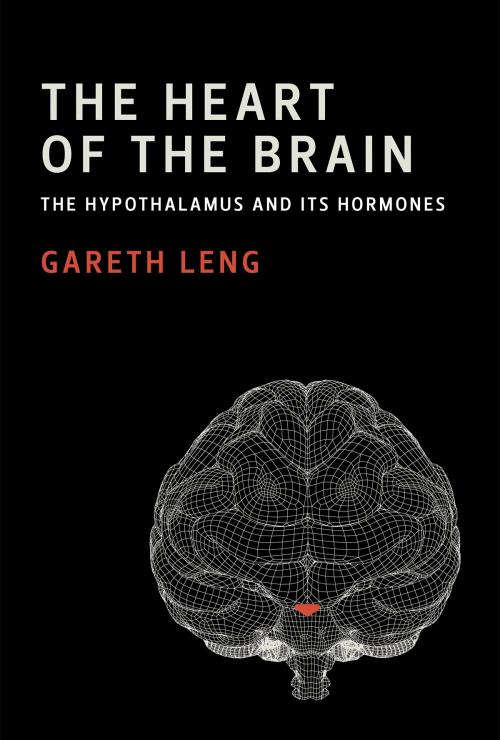The Heart of the Brain
The Hypothalamus and Its Hormones
Nonfiction, Health & Well Being, Medical, Specialties, Internal Medicine, Endocrinology & Metabolism, Science & Nature, Science, Biological Sciences| Author: | Gareth Leng | ISBN: | 9780262347006 |
| Publisher: | The MIT Press | Publication: | July 6, 2018 |
| Imprint: | The MIT Press | Language: | English |
| Author: | Gareth Leng |
| ISBN: | 9780262347006 |
| Publisher: | The MIT Press |
| Publication: | July 6, 2018 |
| Imprint: | The MIT Press |
| Language: | English |
How hormonal signals in one small structure of the brain—the hypothalamus—govern our physiology and behavior.
As human beings, we prefer to think of ourselves as reasonable. But how much of what we do is really governed by reason? In this book, Gareth Leng considers the extent to which one small structure of the neuroendocrine brain—the hypothalamus—influences what we do, how we love, and who we are.
The hypothalamus contains a large variety of neurons. These communicate not only through neurotransmitters, but also through peptide signals that act as hormones within the brain. While neurotransmitter signals tend to be ephemeral and confined by anatomical connectivity, the hormone signals that hypothalamic neurons generate are potent, wide-reaching, and long-lasting. Leng explores the evolutionary origins of these remarkable neurons, and where the receptors for their hormone signals are found in the brain. By asking how the hypothalamic neurons and their receptors are regulated, he explores how the hypothalamus links our passions with our reason. The Heart of the Brain shows in an accessible way how this very small structure is very much at the heart of what makes us human.
How hormonal signals in one small structure of the brain—the hypothalamus—govern our physiology and behavior.
As human beings, we prefer to think of ourselves as reasonable. But how much of what we do is really governed by reason? In this book, Gareth Leng considers the extent to which one small structure of the neuroendocrine brain—the hypothalamus—influences what we do, how we love, and who we are.
The hypothalamus contains a large variety of neurons. These communicate not only through neurotransmitters, but also through peptide signals that act as hormones within the brain. While neurotransmitter signals tend to be ephemeral and confined by anatomical connectivity, the hormone signals that hypothalamic neurons generate are potent, wide-reaching, and long-lasting. Leng explores the evolutionary origins of these remarkable neurons, and where the receptors for their hormone signals are found in the brain. By asking how the hypothalamic neurons and their receptors are regulated, he explores how the hypothalamus links our passions with our reason. The Heart of the Brain shows in an accessible way how this very small structure is very much at the heart of what makes us human.















